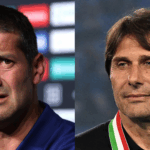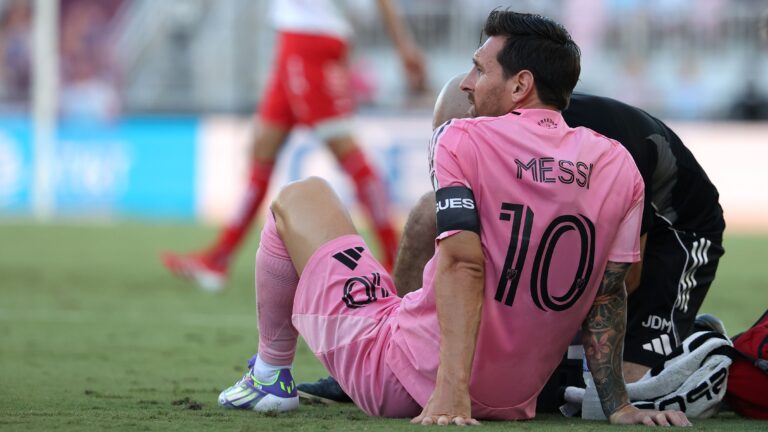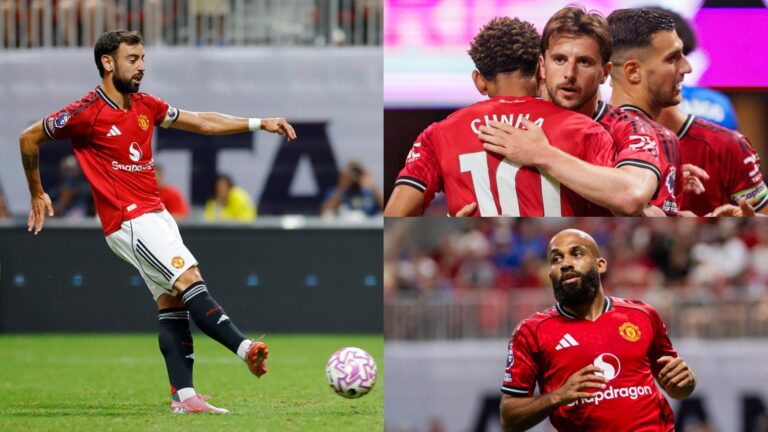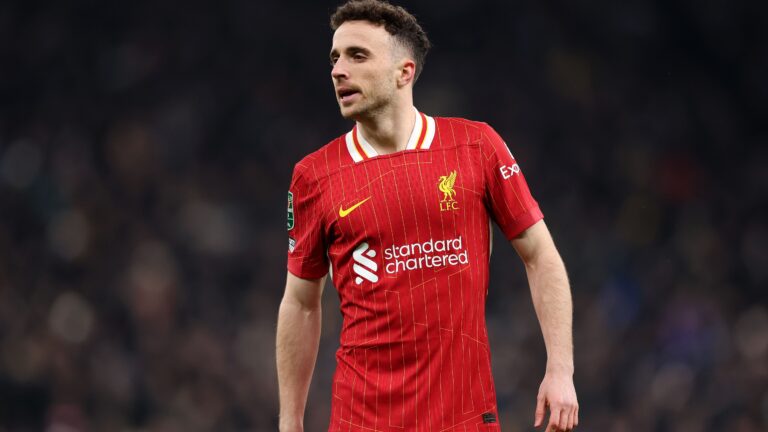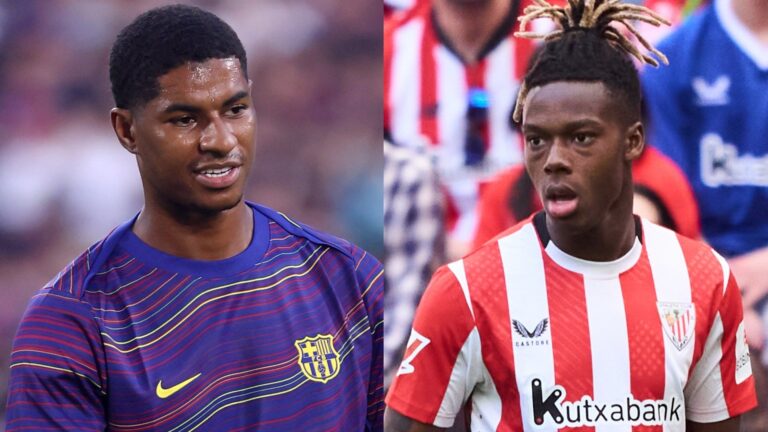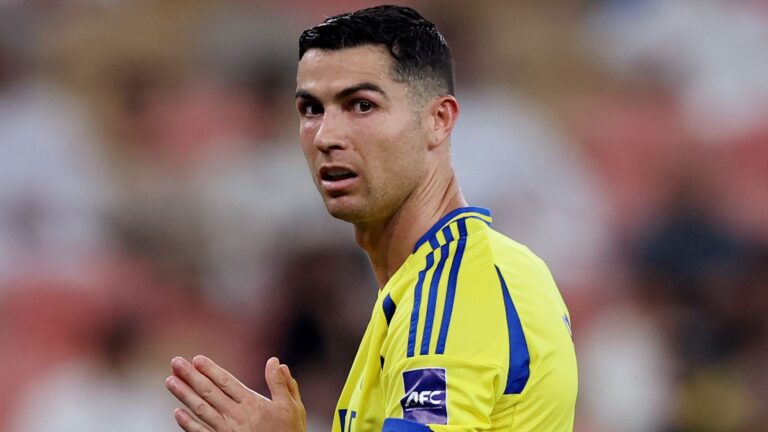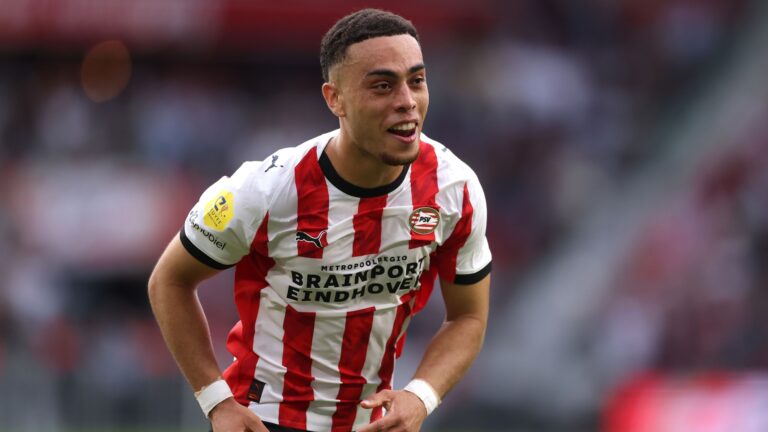مدير عام كرة القدم
- Sacchi says Italian teams lack resources
- Claims Inter, Napoli can’t match elite leve
- UCL push risks Scudetto ambitions



Former Italy boss Sacchi has warned Napoli and Inter not to prioritise the Champions League this season, suggesting they lack the quality, squad depth, and tactical maturity to compete with the likes of Paris Saint-Germain, مانشستر سيتي and Barcelona. In a frank column for La Gazzetta dello Sport the ex-AC Milan manager urged both clubs to focus on the domestic title instead.
Sacchi questioned whether Italian sides were physically and mentally equipped for a dual pursuit: “It’s the usual dilemma that Europe’s top teams face at the start of each season. Should they focus more on the domestic competition, and therefore devote most of their physical and psychological energy to ‘internal’ challenges, or should they take a gamble and, with ambition and courage, aim for the more prestigious goal?”
Despite Inter’s recent final appearance, Sacchi dismissed it as an exception and doubled down on Italy’s limitations at the top level, adding: “You might object: ‘But the Nerazzurri made it all the way to the final last season, and if they hadn’t faced those monsters that are Paris Saint-Germain, perhaps we’d be having different conversations now.’ A legitimate argument, but the reality is that Italian teams, without exception, aren’t at the level of their foreign rivals. They’re not at the same level in terms of their playing style, and they’re not at the same level in terms of their financial potential.”
He pointed to the spending power of Europe’s richest clubs, and the long drought since an Italian Champions League win as proof of the broader crisis in the nation’s game: “Look at the investments PSG, Chelsea, Barcelona, Liverpool, Manchester City, Bayern Munich and ريال مدريد can afford. They buy top players, hand out huge salaries. If we haven’t won the Champions League since 2010, when [Jose] Mourinho’s Inter triumphed, there must be a reason (or more than one). Italian football, as sadly demonstrated by two consecutive failures to qualify for the كأس العالم, is going through a difficult period. There’s a lack of money, and that’s obvious, and there’s also a lack of ideas.”
Sacchi’s warning reflects long-standing issues in Italian football, financial limitations, inconsistent ideas, and a decline in tactical innovation. Despite Inter reaching the final in 2023 and 2025 and Napoli’s Serie A triumph, Sacchi claims neither side can sustain elite European campaigns without jeopardising their league form. He blames this on a lack of “modern” football culture and urges a return to visionary planning over big spending. Sacchi argues that physical burnout, thin squads, and outdated approaches leave Italian clubs at a disadvantage against richer rivals. Even with Inter’s recent success, he says Italian teams “aren’t on the same level” as Europe’s big guns in terms of playing style or resources. He cited Christian Chivu’s inexperience and Napoli’s limited European pedigree as further reasons why neither side should chase European glory. He also proposes that developing a new, attack-minded football identity is Italy’s only way forward.
After winning the Scudetto under Antonio Conte, Napoli will aim to defend their crown and go far in European competition. Inter’s transition under Chivu will take time, but with patience and internal backing, both clubs could build sustainable futures.

